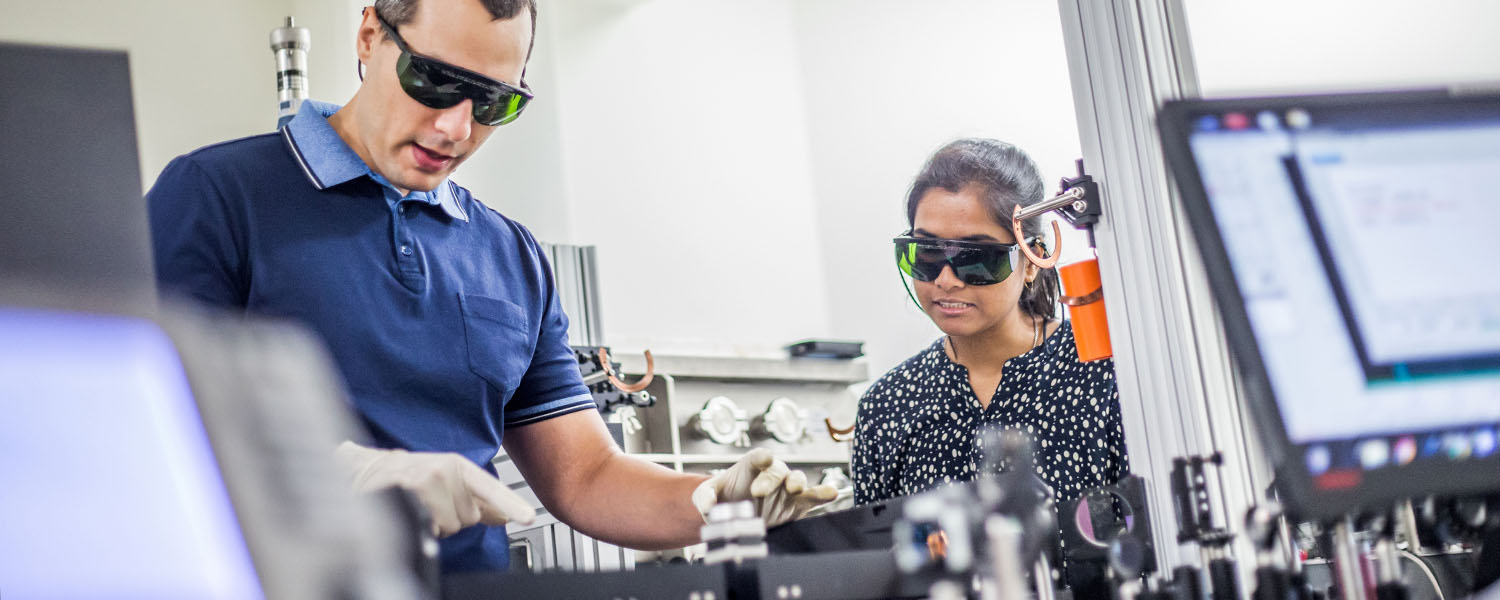
SPIE scholarships are available to students located anywhere in the world, in high school (pre-university/secondary), community and technical, undergraduate and graduate programs, who are studying in a related field of optics and photonics.
The scholarship award amount ranges from US $3,000 to US $11,000 and supports tuition and fees, textbooks, supplies, and equipment required for courses of instruction, and computer upgrades. Included in this scholarship are the following scholarships:
The 2024 application is open. Apply by 15 February 2024.
View the 72 winners of the 2023 SPIE scholarships, totaling US $293,000.
Applicants must meet the following requirements and eligibility in order for the application to be forwarded to the Committee for consideration.
All applicants will be notified via email of the results of their application in May or June.
Before applying, please make sure you have your SPIE login credentials to access the application. If you have forgotten your account information, please open this link and click "Forgot Username" and/or "Forgot Password" or contact scholarships@spie.org should you have any questions.
The key criterion in evaluating and ranking applications is the "prospect for long-term contribution that the granting of an award will make to the field of optics, photonics or related field." Need, in and of itself, shall not be considered as a criterion.
All scholarship applications are judged on their own merit, based on the experience and education level of the individual student. High school (pre-university, secondary school), community and technical, undergraduate, and graduate students will be judged relative to other applicants with similar educational backgrounds.
Annually, the deadline falls on February 15. All materials must be submitted by 5:00 pm (Pacific Standard Time) on this date. Start early!
All students will be notified of the results of their application in May/June.
Student Members are eligible to receive one (1) SPIE Scholarship for each academic level including high school, community and technical, undergraduate, Masters and PhD. If you received an SPIE Education Scholarship in previous year(s), your annual scholarship report(s) must be on file with SPIE. To confirm if your report is on file, contact scholarships@spie.org
If the information is available, feedback on the results of your application will be given upon request.
Yes, unofficial transcripts are required.
Yes.
Reviewers want to know:
Tips on writing a good essay:
Questions? Please contact scholarships@spie.org